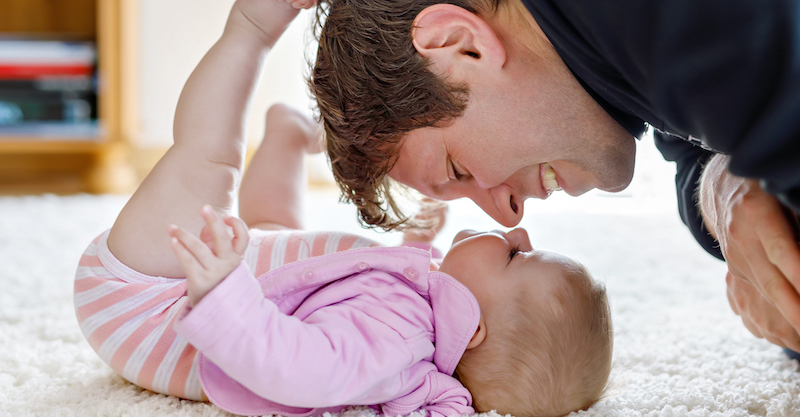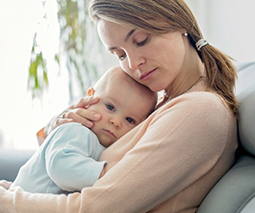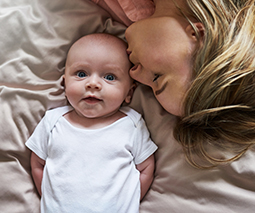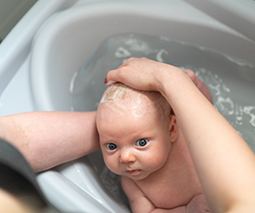“He’s got your eyes”: Looking like dad is best for baby’s health, a study finds

“He’s got your chin!” “Her mouth is just like her dad’s!” A new study suggests that sweet comments made at the birth of a baby may hold more importance for the child’s future health than we realise.
The bonds that make us
The fierce and precious bond mothers have with their babies has been well documented. But in the last decade, new studies have investigated the crucial nature of the bond between father and son, in the hopes of revealing the unique ways bonds are formed in that primary relationship too.
Spending time bonding with his newborn is important for a father’s emotional relationship with his baby. But recent findings from the Journal of Health Economics have revealed that not only does the father-child bond make a child healthier and happier in the long-run, but that babies who look like their fathers will be healthier overall.
Time invested leads to better health
The study examined 715 unmarried and non-cohabiting families in the US, asking them “Who does the baby look like?”
Researchers wanted to find out how the perception of facial resemblance, as early as birth by both mums and dads, influences a father’s interest in engaging closely with the baby throughout its first year of life.
The study looked at parents who weren’t living together as a control, to more accurately observe the amount of time invested by the father when visiting the child.
Single parents were interviewed at the child’s birth and then again 12 months later. Information on the health and wellbeing of the child was also collected – things like the frequency of asthma attacks, doctor visits, emergency room visits were all documented.
Read more about bonding:
- 7 ways for dads to bond with their new babies
- Dad admits he envied his wife’s bond with their baby: ‘The jealousy was real’
- 9 benefits of baby massage for Mums, (Dads!) and bubs

Babies who look like their father are healthier
The study concluded that there were links between how a child looks and how healthy they were. Results suggested that the more a child resembles their father, the more time the father will spend with the baby, and this “time spent” improves the child’s overall health.
“The idea is that, due to paternity uncertainty, a man assesses genetic relatedness based on whether the child resembles him and uses this information to direct investment resources to the child,” the study concluded.
The study results aligned with the previous findings by Platek in 2003, which found that men invest more in children with at least 25 percent of their facial traits.








